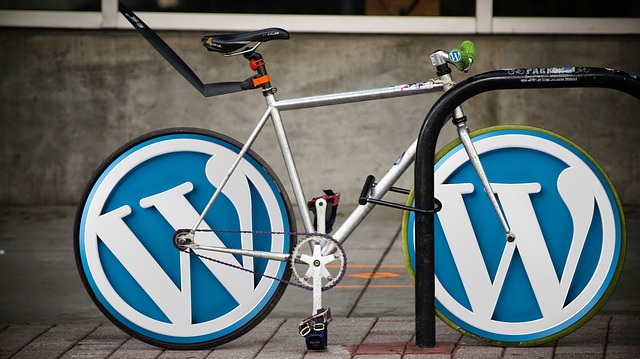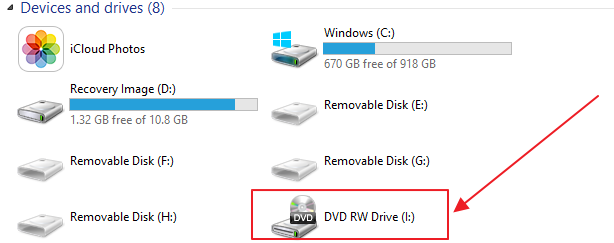 Like any CMS or Web architecture, there will be fast and slow websites. The CMS is a layer that can add some latency, but, fortunately, most CMS platforms have a number of solutions for improving page load times. I’ve played with dozens and these are my top 5 WordPress plugins to improve load times.
Like any CMS or Web architecture, there will be fast and slow websites. The CMS is a layer that can add some latency, but, fortunately, most CMS platforms have a number of solutions for improving page load times. I’ve played with dozens and these are my top 5 WordPress plugins to improve load times.
First, you want a good arsenal of tools for tracking page load times. I tend to reference the below. It’s always a good idea to run the baseline load time test to have a comparison.
- Google’s official site speed tool
- Pingdom
- Y! Slow
- Google Analytics (behavior > site speed)
It’s important to note that plugins are not your only option for improving WordPress page load times. Every tool above will point to specifics you can manually implement. However, I am not someone who will frown on a site with dozens of (updated) plugins, so I don’t think that there are negative consequences to the below solutions beyond what I point out for each one. Without further adieu, below are the top 5 WordPress plugins to improve load times.
Also, all these plugins are free for basic usage.
Top 5 WordPress Plugins to Improve Load Times
1) W3C Total Cache. As an alternative I would recommend to WP Super Cache due to added flexibility and a wealth of options, this is my go-to caching plugin. Your site needs browser caching. In fact, WP-Engine hosting comes built in with a caching solution. One you may or may not like. W3C total cache is a webmasters dream for integration with third-party APIs or basic browser caching function. Make sure to verify none of the JS/CSS compression is breaking your theme!
2) Use Google Libraries. As another caching solution in the top 5 WordPress plugins to improve load times list, Use Google Libraries will call cached variants from, you guessed it, Google’s libraries that users are sure to have cached to their browsers. The caveat with this plugin is that it will improve load times in real-world usage and most synthetic tests, but this will actual hurt your score on some tests.
3) Remove Plugins Causing Latency. This one doesn’t fit the script, I know, but it is centered on plugins. One of the lowest touch ways you can improve site-load speed is to review if any existing plugins are causing hiccups in your hosting environment. For example, if you look at your waterfall report in Pingdom and see latency for the initial https request you’re often dealing with a suspect plugin. I would start by disabling/removing plugins and running the test again until you find the culprit. WPFence is one I’ve seen bring a site to its knees.
4) WP Smush. While all the other plugins on the list speed up a site through optimization, this one offers a great way to reduce actual file size, which mobile visitors on cell networks will sure appreciate. The ability to “smush” up to 50 images in bulk for the free account and run as many times as necessary is great. There’s also no tedious swapping of images etc. This can have a big impact on image-rich sites with little effort and easily is one of my top 5 WordPress plugins to improve load times.
5) BJ Lazy Load. This plugin can also have an impact on bandwidth if a user doesn’t scroll your entire page. This plugins allows a website to load synchronously and lets users only load resources they’re seeing; ultimately, improving load speed!
That’s my top 5 WordPress plugins to improve load times. I recommend adding one at a time to ensure that if one does have a negative impact you can easily isolate. Keep these updated and you should be good.
What is your favorite WordPress plugin to improve load times?












